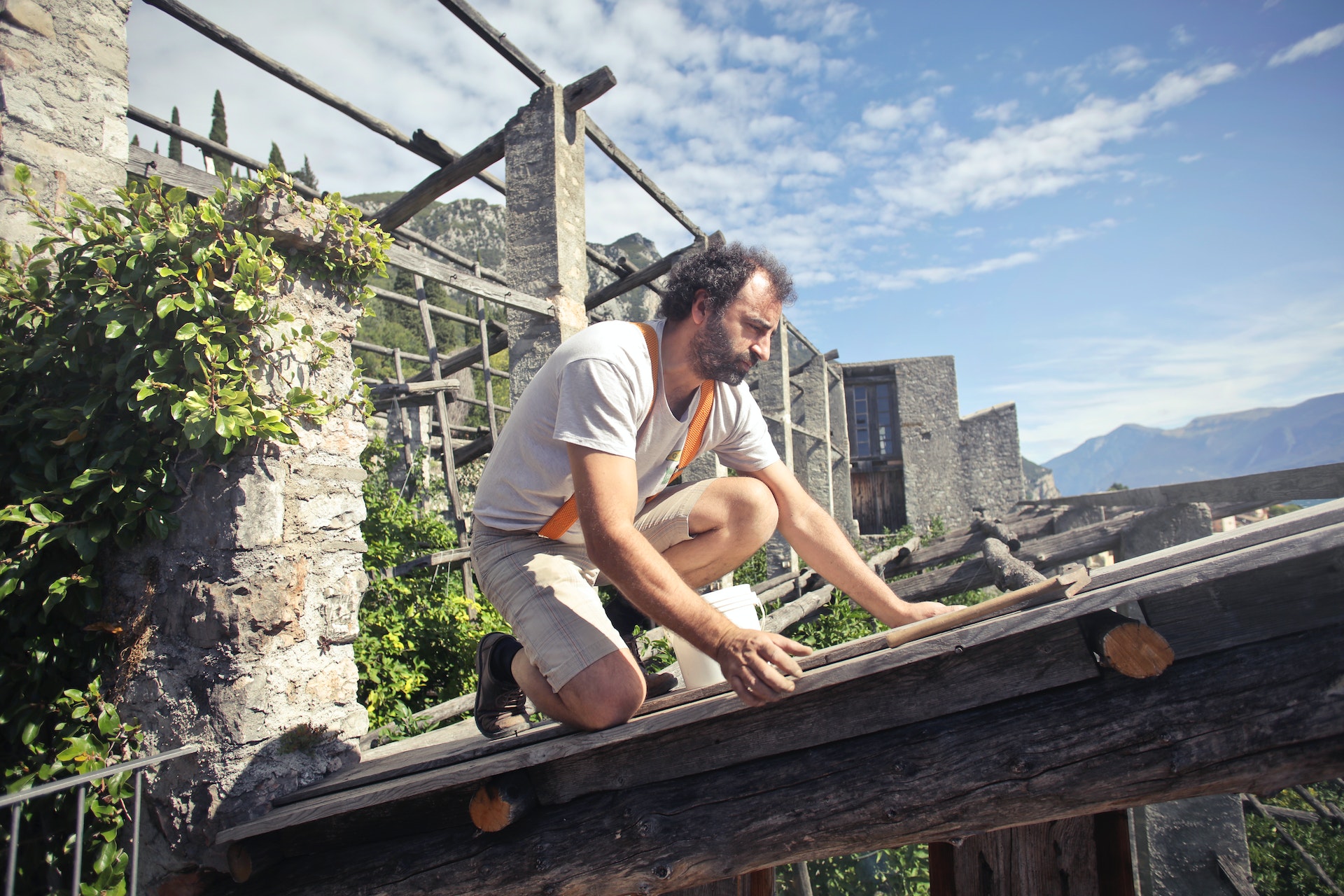There’s no denying that winter weather can lead to many complications with regard to your roof. From snowdrifts and ice dams to heavy frost and leaks, winter weather can cause lots of problems. Having a leaking roof during winter can be frustrating. It is therefore important to be aware of these issues and prepare adequately for winter weather.
1- Snow Dams
The most common cause of a leak in winter is snow dams. Snow dams can form when the snow on your roof accumulates, usually around three inches or more. When these dams accumulate and get too heavy, it can lead to damage to the roof. Snow dams can cause your roof to bend or buckle, which can lead to rain coming in through the roof. This ultimately results in leaks and water damage to your home and foundation. This is especially true if you live in an area that typically experiences heavy snowfall.
There are several things you can do to prevent this from happening. First, ensure you check your roof regularly. Look out for early signs of snow dam formations, such as missing or damaged shingles or ice-melted tiles. If you notice any of these signs, take immediate action and remove the snow from your roof before it builds up.
2- Ice Dams
Not all water leaks in winter are caused by snow. Water can also seep through your roof as a result of ice dams. Ice dams build up as frost forms on your roof during winter. This can lead to a leak inside your house. If you notice any signs of frozen water such as icicles forming or a gurgling sound on your roof this may be the cause.
Another issue that can occur with ice dams is the possibility of rainwater leaking through and causing damage to your home. If you live in an area that experiences more snow than rain, you may be more prone to ice dams forming. If this is the case, it’s important that you check your roof regularly to remove any frost and stop any seeping water from damaging your home.
3- Snow Melting
As we’ve established above, water can seep through a roof during freezing temperatures as a result of melting snow. However, rainwater can also cause leaks in your home. During winter your roof is constantly subjected to moisture. This can lead to leaks resulting from snow melting or rainwater.
Dealing with a leaking roof during winter can be challenging especially due to the cold and snow. However, it is important to have your roof inspected for leaks and damage in order to avoid this.
Winter is a cold and tough time to be out fixing your roof. It is important to be aware of the problems winter weather can cause for a roof. If you suspect water is leaking through your roof in winter it’s best to contact a professional roofing company to help solve the issue. Also, have your roof inspected regularly to avoid nasty surprises during winter and excessive damage.



